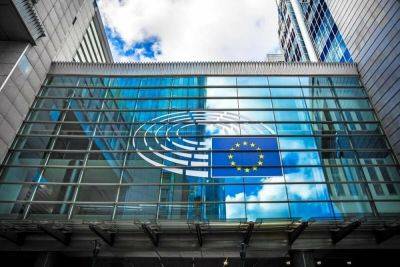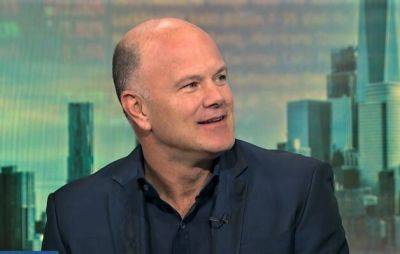Microsoft’s CSO says AI will help humans flourish, cosigns doomsday letter anyway
Microsoft’s chief scientific officer, Eric Horvitz, believes artificial intelligence will allow future humans to flourish, but he’s apparently hedging his bets.
Horvitz published a post entitled “Reflections on AI and the future of human flourishing” on the official Microsoft blog on May 30. The article discusses the future of artificial intelligence and announces a series of essays written by AI experts who were given early access to OpenAI’s GPT-4 before its public launch.
Per the blog post, Horvitz was surprised by the capabilities of OpenAI’s GPT-4 when he was given such access in 2022:
Specifically, Horvitz touted GPT-4's "ability to interpret my intentions and provide sophisticated answers to numerous prompts," which he said "felt like a ‘phase transition,’ evoking imagery of emergent phenomena that I had encountered in physics.”
Horvitz writes that, while testing GPT-4, it became “increasingly evident that the model and its successors […] hold tremendous potential to be transformative.”
Microsoft and OpenAI gave a litany of experts early access to GPT-4 and solicited essays from them in hopes of identifying the opportunities and challenges the technology posed across numerous industries.
Related: EU, US should push for AI code of conduct: EU tech chief
On the same day that Horvitz published the announcement post, however, his name also appeared as a signatory for a document published by the Center for AI Safety.
The document, which contained only a preface and a single-sentence statement, was signed by a list of signatories representing a veritable who’s who of AI experts (with a handful of notable holdouts including Meta’s Yann LeCun and Andrew Ng, cofounder of Google Brain).
The statement reads: “Mitigating
Read more on cointelegraph.com















